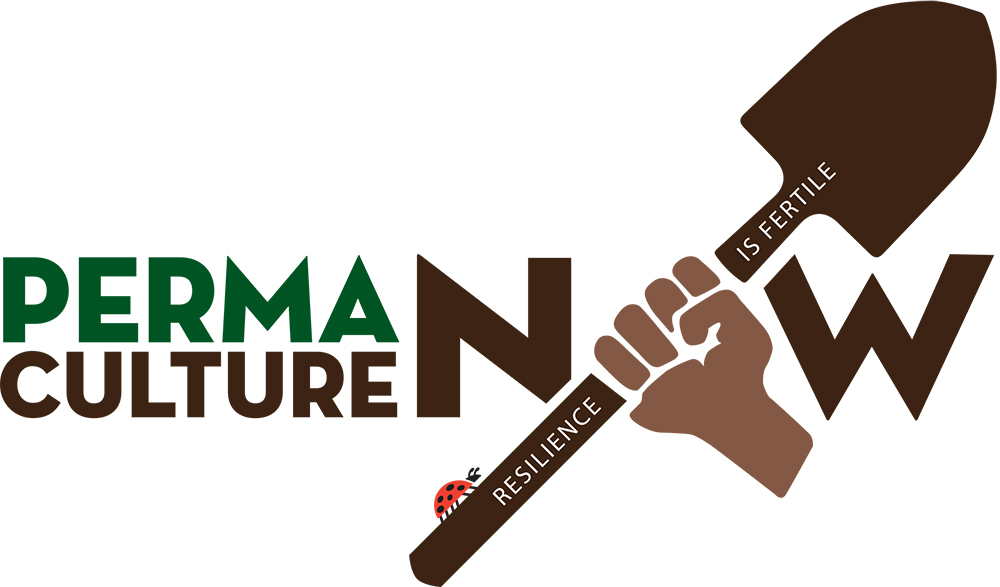Refugee Camps
A Place to Learn
We are going to have many more refugees in the future as climate change intensifies. Climate change is going to be the majority of refugees into the future, we are already seeing it. When a crop fails, in another country, and people are on the brink of famine, they are going to take their families, and they’re going to leave in that vacuum of despair of crop failure and climate change.
All of the things we are watching in real time, regimes popping up, persecuting people in the extreme. And now they’re fleeing for that reason, as well. We need to look at refugee camps as places where people can learn skills, so that when they leave the refugee camp, they have these skills that they can take with them. And they need to be kind, they need to not be such places of despair. These are people who need to be supported.
Let’s get real, why don’t camps have water catchment? Why don’t they have bio digesters and composting toilets? Why don’t they have a seed bank? Why aren’t they growing food? Why not? Why are they not being taught how to do these things? It is less expensive to manage and maintain. For people to have a little kernel of hope that they can now hold on to and they have something to do while they’re there. And then when they leave, they have these skills. We think those are the refugee camps of the future.



Permaculture Courses
Permaculture teachers are bound by the international standard curriculum, which holds the test of time. We really enjoy teaching permaculture, for us, it’s not enough anymore to just teach that curriculum, climate change must be taken into consideration.
Public Speaking
Getting an audience is a privilege. Being able to stand up in front of an audience and share a message of hope is a privilege. And we really enjoy doing it! We’ve spoken at green conferences, permaculture conferences, art conferences, Rotary Clubs, and more.
Consulting + Design
Our clients are diverse. We work with everyone from a small backyard in an urban setting to give them an edible landscape where they can grow some vegetables and a couple fruit trees, and maybe have three chickens, all the way to, 1000-acre agroforestry projects in Central America.
JENNY PELL HAS BEEN FEATURED IN




